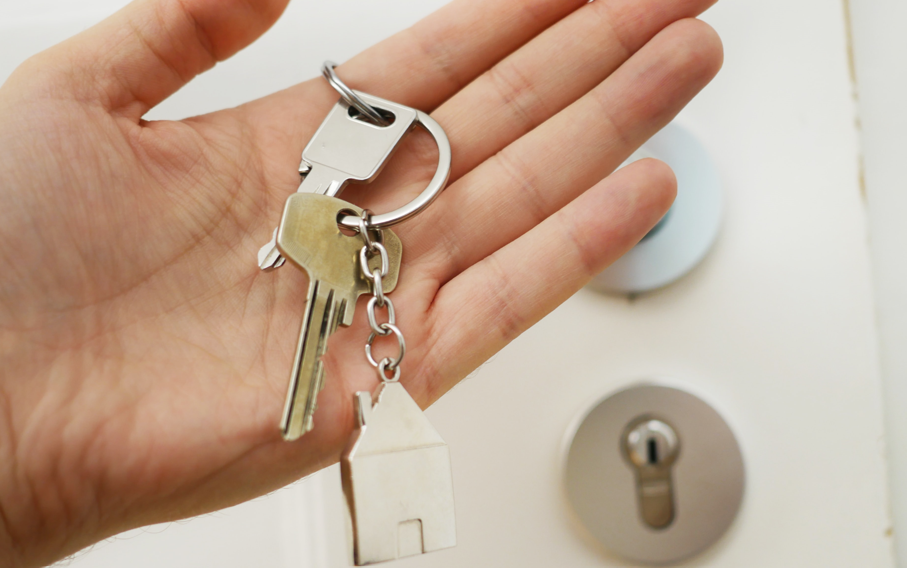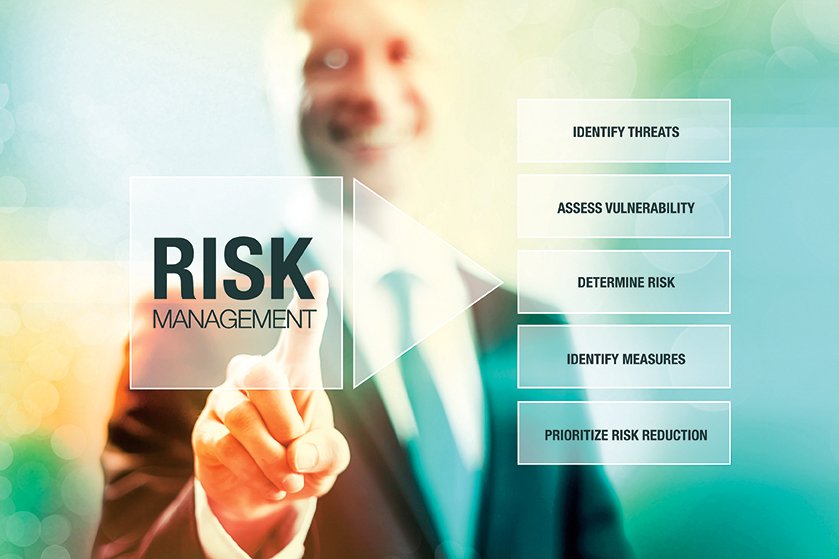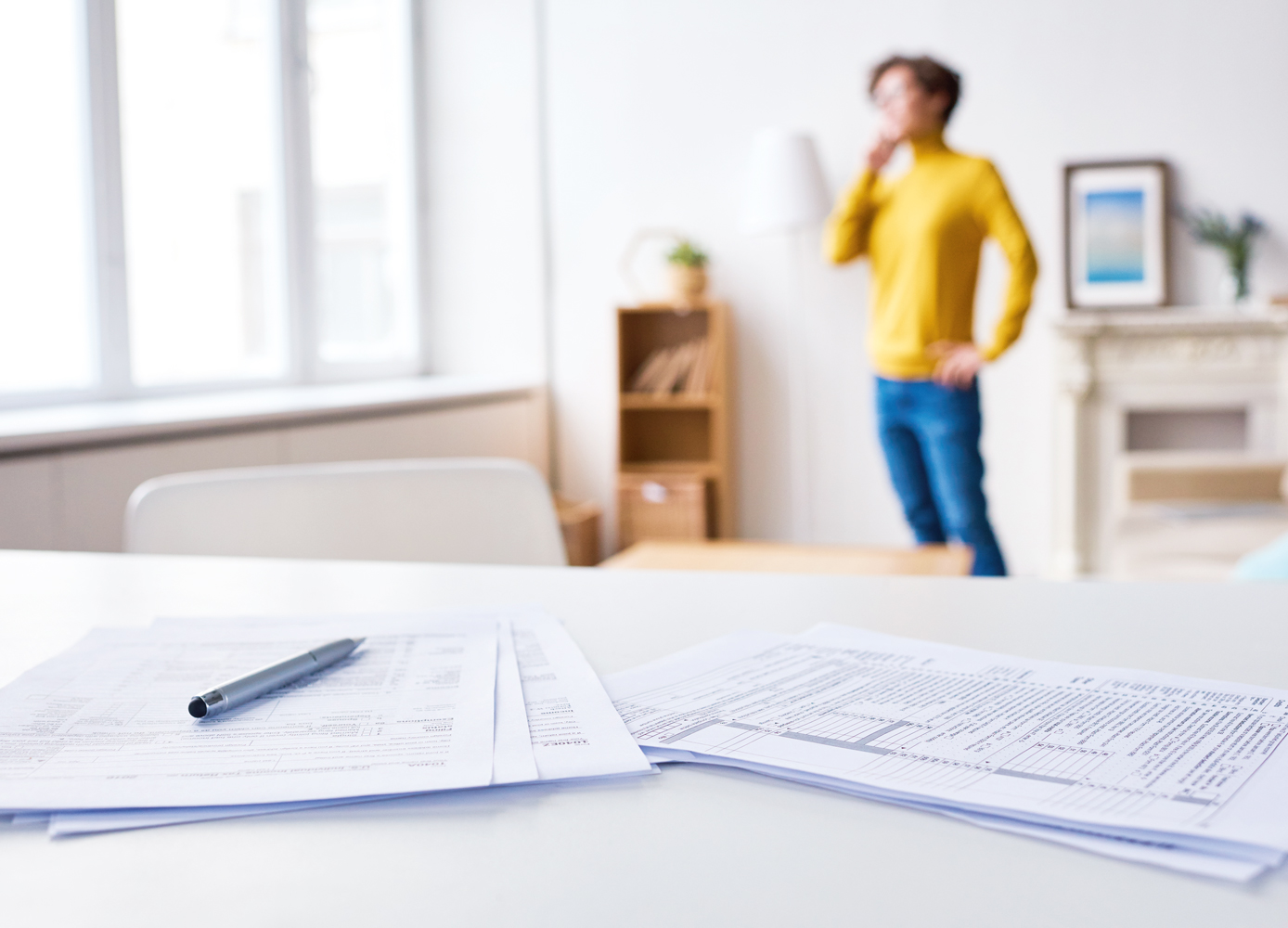In the midst of a pandemic is definitely not the time to blow the whole thing on something frivolous
By Lola Augustine Brown
What’s the worst decision you could make about an anticipated tax refund? Given the COVID-19 pandemic, certified financial planner Liz Schieck says a really bad move is spending your refund before you have it in hand.
“A lot of people say things to me like, ‘Oh, I always get a big tax refund,’ and they’ve already spent it in their minds. But this year is a weird year, and for some people, that may mean an unpleasant surprise at tax time,” says Schieck, who specializes in retirement planning at the financial-planning firm New School of Finance (newschooloffinance.com).
Most Pressing Needs First
Before you spend your refund on a hot tub or, more wisely, invest the whole thing, you need to ensure that you’ve got the basics covered.
Unfortunately, the COVID mess isn’t going away as quickly as we’d all like and it’s likely to create long-term economic fallout for Canadians. You might have managed to get by so far, but what if something happens to change your financial situation? An emergency fund is something that we should all have, Schieck says, so if yours is depleted or you haven’t had cash to put into one, that should be the first thing you do with a tax refund. Put it into a savings account that you can access without penalty and keep it there.
You should also consider your credit-card balance. “This is a unique time. Most people are thinking, Shouldn’t I be spending much less money because I can’t go anywhere? but in fact, they’re finding that they’re spending more to get the basics because prices have gone up,” Schieck says. If you’ve flexed your plastic a little too hard, then paying off that credit-card debt is a pressing financial need.
Fewer Claims, More Tax?
You might have been in for a few surprises when you filed your tax return this year—for a number of reasons. Things that you might have claimed as deductions in the past, such as work-related expenses that no longer apply because you’ve been working at home, won’t be available this year to help reduce your taxable income.
If you have a vacation rental property that hasn’t brought in income thanks to the pandemic, that will affect your return, and if you sold that property because it’s no longer making money, you’ll owe tax on the sale. If you withdrew from an RRSP to help get through this year, you’ll owe tax on that withdrawal.
“Life threw the entire world a major curveball in 2020, and although decisions you made in March and April feel like a million years ago because this has been such a wild and stressful time, the consequences of those decisions all need to be settled with the Canada Revenue Agency [CRA] at the end of the tax year,” Schieck says.
Even if you usually do your own taxes, Schieck says, this might be the year not to—just in case you miss a deduction to which you’re entitled or claim one to which you’re not. “You might find doing your taxes pretty straightforward, but if there was anything strange this year because of the pandemic, don’t be afraid to get professional help,” she says.
TFSA? RRSP?
Let’s suppose for a moment that you’re getting a healthy refund this year and want to invest some of it. What are your best options?
Shamez Kassam, a Calgary-based chartered financial analyst and the author of Your Money’s Worth: The Essential Guide to Financial Advice for Canadians (Shazam! Press, 2017), generally recommends that people top up their TFSAs.
“The TFSA program started in 2009, which means that you could have as much as $75,500 of total contribution room available in 2021 [the cumulative total for someone who’s never contributed]. The reason I suggest that people use a TFSA is that it’s the most flexible option. In these uncertain times, if someone needs to withdraw money from this account, he or she can do so without penalties, and any interest and investment income will accumulate tax-free,” Kassam says. “The only rule you need to keep in mind is that if you withdraw money in a given tax year, you have to wait until the next tax year to put it back in your TFSA.” That is, withdrawals don’t increase your annual contribution room—if your limit is $6,000 (the limit for 2021), you can’t contribute that amount, withdraw some of it, and then put the money back, because you’ve already reached your annual limit. You can recontribute only as much as you have left in that year’s allowable contribution limit.
RRSPs still have their roles for some people, especially if investing in them lowers your taxable income and bumps you down a tax bracket, lowering your income tax.
“Everyone loves that with an RRSP, you’re getting paid to save, but it doesn’t make sense for everyone,” Kassam says. “You have to consider your taxable income now and what tax bracket you’ll be in when you’re retired and want to withdraw those contributions, as that’s when you’ll pay tax on them.” In some cases, withdrawing from an RRSP can trigger not only taxes to be paid, but also a clawback of benefits such as the Guaranteed Income Supplement.
Kassam says that the TFSA is often the better option and that it doesn’t get the love it deserves as a tax shelter. “In the end, you need to get customized advice from an unbiased financial planner or from your accountant, who will look at your unique circumstances. There’s not a one- size-fits-all answer.”
Schieck says that with both RRSPs and TFSAs, it’s vital that you keep track of your contributions: “You never want to overcontribute to those accounts, because the CRA has fairly steep penalties if you do.”
What if you’ve maxed out both?
“With interest rates being so low, seniors should con- sider looking beyond regular cash-investment accounts and review alternate investments that will generate higher rates of investment income,” Schieck says. “Typically most Canadians invest with a two-bucket portfolio—they have some equity investments and some fixed-income investments—but there are some interesting and well-established ways to diversify your portfolio.” Like Kassam, Schieck says that you need to get unbiased advice and explore your investment options with a financial planner who charges a fee for services, rather than working on commission trying to sell you specific products.
Getting updated advice is a good idea regardless of the pandemic. “Financial advice that would have been right for you 10 years ago might not still be the best fit. The world changes and so do we, and the world of finances is always evolving,” Schieck says. “It’s always a good idea to get current, customized financial advice.”
Shop ’n’ Save?
Spending a tax refund on a treat can be tempting, and even if you’re planning to be sensible with your money, there’s no harm in getting yourself a little something— there may even be psychological benefits to doing that. This past year has been difficult for everyone, and perhaps treating yourself to boost your mood is a worthwhile use for some of your refund.
Schieck says that in regular tax years, she often advises clients to do something responsible with half of their refund and something that brings them joy with the other half.
“For some people, being responsible makes them happy, so that could mean paying down a bit of their mortgage or credit card,” she says, but she admits that this year may look a lot different for those who haven’t fared well financially in the pandemic. “In that case, you’ll need to be responsible with all of it.”
What’s clear is that having a plan before you get that refund in hand is going to help you make the most of it.
Photo: iStock/kenneth-cheung.






